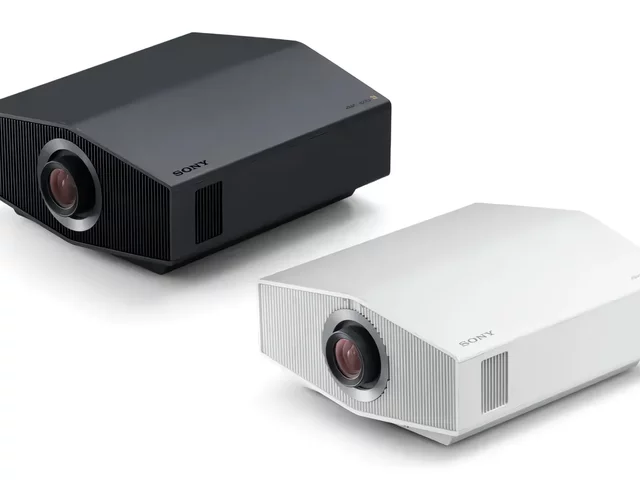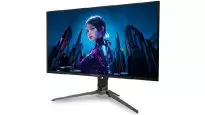Laser projectors Sony Bravia Projector 8 and Bravia Projector 9 support 4K HDR and are equipped with a Sony XR processor
11.09.24
Sony introduced two new flagship projectors – Bravia Projector 8 and Bravia Projector 9, which are distinguished by advanced technologies and high image quality. For the first time, these devices feature the Sony XR processor previously used in Bravia OLED TVs. The projectors support a number of features such as XR Dynamic Tone Mapping, XR Deep Black, XR Triluminos Pro and XR Clear Image</strong >, which allows you to achieve a professional level of image display.
XR Processing technology analyzes the brightness of the video frame by frame, thanks to which colors and gradations are displayed as accurately as possible. Both devices support 4K resolution, as well as HDR10 and HLG standards, making them suitable for viewing high dynamic range content. The projectors are also aimed at gamers: they support 4K mode with 120 frames per second and low latency (only 12ms), and are equipped with two HDMI 2.1< ; /strong>.
The main difference between the models is the brightness level: Bravia Projector 8 provides 2700 lumens and Bravia Projector 9 3400 lumens</strong >. These devices will go on sale in early September for $16,000 and $32,000 respectively.
Don't miss interesting news
Subscribe to our channels and read announcements of high-tech news, tes
Logitech G Powerplay 2 wireless charging pad review

Logitech has great wireless mice, and there’s also the G Powerplay 2 wireless charging mat that will keep them charged right while you’re using them.
Motorola Edge 60 Fusion smartphone with branded Moto AI and IP69 protection will cost $390 artificial intelligence Motorola smartphone
Motorola introduced the first smartphone in the Edge 60 series – Edge 60 Fusion, which became the brand’s first device with an integrated Moto AI system.
Acer Predator X32 X2 and Predator X27U X1 monitors get QD-OLED Acer monitor Predator
The Acer Predator X32 X2 has a 31.5-inch 10-bit screen with a resolution of 3840×2160 pixels, while the Predator X27U X1 is equipped with a 27-inch panel.


